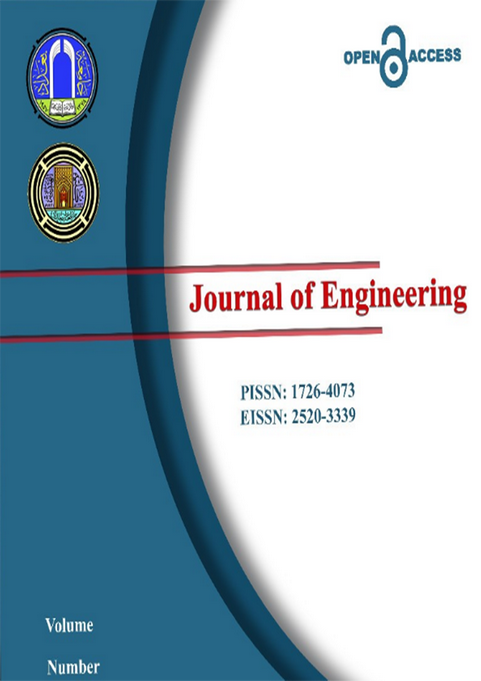Abstract
Due to their variable and intermittent nature, the integration of renewable energy sources
poses control challenges related to voltage and frequency stability in isolated microgrids.
This paper proposes an enhanced dynamic droop control strategy optimized in active time
along with a Hybrid Energy Storage System (HESS) comprising Battery Energy Storage
System (BESS), supercapacitors (SUPCA), and Superconducting Magnetic Energy Storage
(SMES) to improve microgrid stability. The Dynamic Droop Gains (DDG) are continuously
tuned using the rapid-converging SECANT numerical method to enhance transient response
and steady-state performance, this was achieved using MATLAB/Simulink. The HESS
combines the complementary characteristics of BESS, SUPCA and SMES to balance steady
power supply and temporary overload capacity. Detailed simulation studies on a microgrid
test
system verify that the proposed control strategy significantly enhances
voltage/frequency regulation, power sharing accuracy, BESS lifespan and overall stability
compared to conventional droop techniques. The SUPCA further improves the transient
performance and power quality by mitigating fluctuations. The research demonstrates an
innovative way to harness advanced control algorithms and emerging storage technologies
for next-generation resilient and sustainable microgrids.
poses control challenges related to voltage and frequency stability in isolated microgrids.
This paper proposes an enhanced dynamic droop control strategy optimized in active time
along with a Hybrid Energy Storage System (HESS) comprising Battery Energy Storage
System (BESS), supercapacitors (SUPCA), and Superconducting Magnetic Energy Storage
(SMES) to improve microgrid stability. The Dynamic Droop Gains (DDG) are continuously
tuned using the rapid-converging SECANT numerical method to enhance transient response
and steady-state performance, this was achieved using MATLAB/Simulink. The HESS
combines the complementary characteristics of BESS, SUPCA and SMES to balance steady
power supply and temporary overload capacity. Detailed simulation studies on a microgrid
test
system verify that the proposed control strategy significantly enhances
voltage/frequency regulation, power sharing accuracy, BESS lifespan and overall stability
compared to conventional droop techniques. The SUPCA further improves the transient
performance and power quality by mitigating fluctuations. The research demonstrates an
innovative way to harness advanced control algorithms and emerging storage technologies
for next-generation resilient and sustainable microgrids.
Keywords
Battery energy storage
Energy storage systems
Microgrid
Super-capacitors.
Superconducting magnetic energy storage
